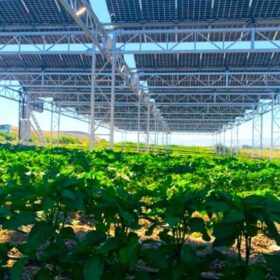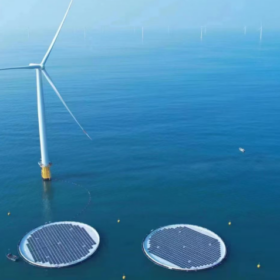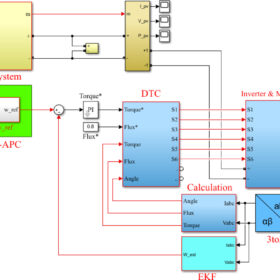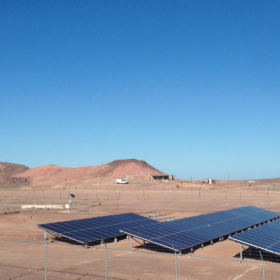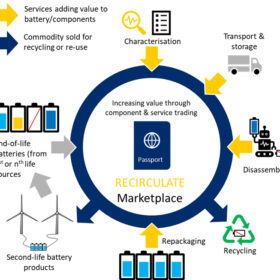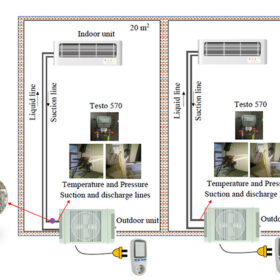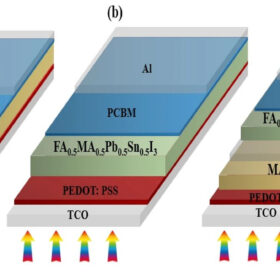Turkey launches agrivoltaics research project
Turkey’s new agrivoltaics project, under the ODTÜ-GÜNAM Center for Solar Energy Research and Applications’ Livinglab initiative, will allow researchers to test products and production processes by developing tracker systems with control algorithms specially designed for specific crops.
Turkey could generate 120 GW through better solar rooftop rollout
Introducing rooftop solar “obligations” for new structures and public buildings, as well as tendering suitable apartment building roofs by municipalities, could help Turkey drive up its rooftop solar capacity to 120 GW, according to a new report by think tank Ember.
The Hydrogen Stream: Researchers test marine green hydrogen feasibility
Mexican researchers have revealed test results for offshore wind-based hydrogen production, while Turkey has started negotiating hydrogen facility partnerships with the United Arab Emirates.
New control strategy for PV-powered water pumps operating under variable atmospheric conditions
Scientists in Turkey have developed a new algorithm to optimize the efficiency of PV-powered water pumps. The novel technique is based on the Extended Kalman–Bucy filter, which is a predictor-corrector algorithm used extensively in control systems engineering for estimating unmeasured states of a process.
New control technique for microgrid-connected PV systems
An international research group has applied for the first time integral backstepping control (IBC) as a control strategy for PV systems connected to microgrids. Through a series of simulations, the scientists found the new approach can provide better results than classic backstepping control (BC) and other techniques.
Two-terminal perovskite silicon tandem solar cell with 25.6% efficiency
The Fraunhofer ISE has developed an electro-optically optimized transparent conductive oxide layer that can reportedly improve the efficiency of perovskite-silicon tandem solar cells. A device built with the film achieved remarkable efficiency and fill factor.
Including flood, erosion hazards in solar project site selection
New research from Turkey shows the need for a more rigorous approach to PV site selection due to increasing hydrological extremes. The scientists claim that fixed-distance buffer zones are not sufficient to protect solar farms from flood and erosion hazards.
Recirculate – giving EV batteries a second-life
With the rapid growth in electric vehicle (EV) demand bringing fears of a mountain of EV battery waste piling up further down the line, the EU-Swiss government-funded Recirculate program is planning how to keep batteries in use for much longer before they head to recyclers.
Novel assessment of PV-powered air conditioning
A research team in Turkey sought to assess how solar power may help reduce emissions and improve performance in air conditioning systems. Their analysis showed that using a heater in the AC system improves the coefficient of performance and mitigates negative environmental effects.
Novel design for inverted all-perovskite bilayer solar cells with 24.83% efficiency
An international research team has crafted an innovative solar cell design. By employing a top absorber consisting of methylammonium lead iodide (MAPbI3), a lead-halide perovskite, and a bottom absorber composed of FA0.5MA0.5Pb0.5Sn0.5I3, a perovskite material, the cell maximizes light absorption across a broad spectrum.
